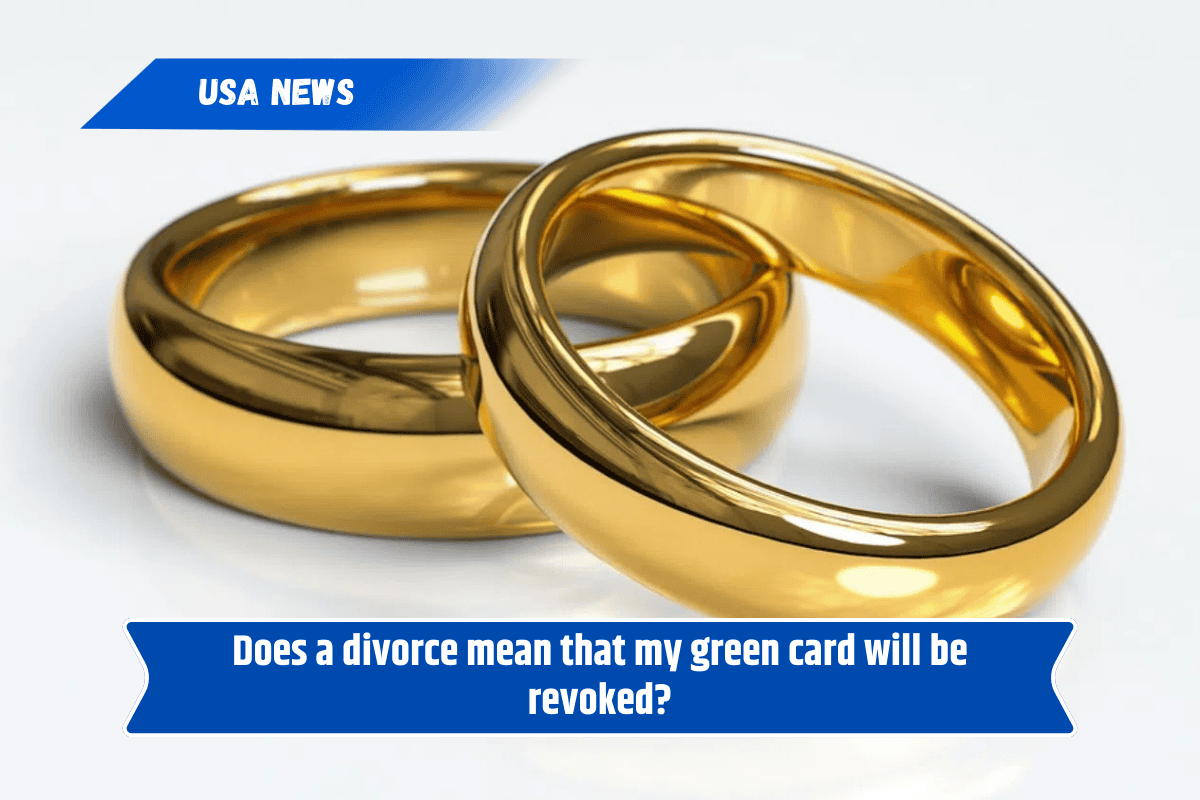If you have a conditional green card (valid for 2 years) based on marriage and get divorced before the conditions are removed, your green card is at risk of being revoked.
You must file Form I-751 with a waiver to the joint filing requirement and prove that the marriage was entered in good faith and not fraudulently, even if you are divorced. Failure to do so may lead to deportation proceedings.
If you have a permanent 10-year green card, divorce generally does not affect your permanent resident status, and your green card will not be revoked. However, divorce can complicate your naturalization application later, as USCIS may scrutinize your case more closely to ensure the original marriage was genuine.
If Divorce Happens Before Green Card Approval
If divorce occurs before your green card is approved, especially if you are applying based on marriage, your green card application will likely be denied because the qualifying marital relationship no longer exists.
Proving the Marriage Was Genuine
Regardless of divorce, you must be able to show that the marriage was bona fide (entered with genuine intentions). Evidence such as joint financial accounts, shared property, photos, children together, and affidavits can support this.
Special Protections
If you suffered abuse or extreme hardship in the marriage, you may file a self-petition under the Violence Against Women Act (VAWA) to protect your status even after divorce.
Legal Advice Recommended
Immigration law is complex regarding divorce and green cards. Consulting an experienced immigration attorney is crucial to ensuring you file the correct waivers and maintain your status legally.
